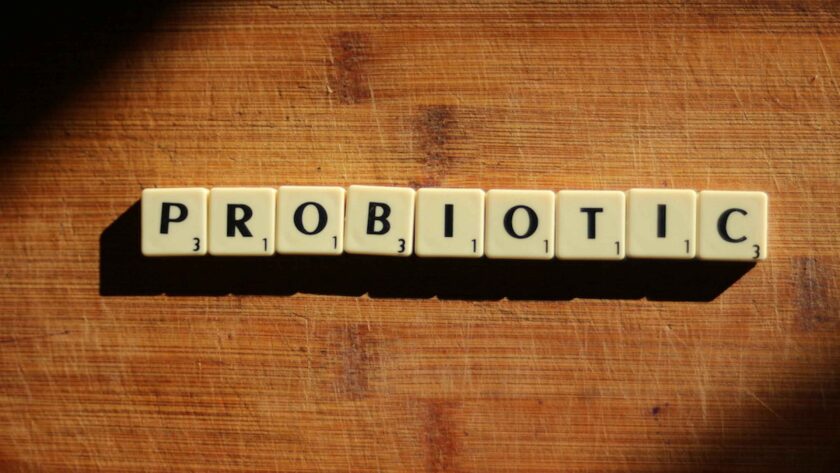How Diet Affects Mood is a crucial question when considering mental health and well-being. Our daily food choices go beyond just physical nourishment—they directly influence how we feel emotionally. From processed sugars causing energy crashes to omega-3-rich foods boosting happiness, research consistently shows how diet affects mood in both the short and long term. The gut-brain connection plays a major role in this, linking a healthy diet to improved mental clarity, reduced stress, and even better sleep.
What is the Gut-Brain Connection?
The gut-brain connection refers to the complex communication between your gut (also known as the gastrointestinal tract) and your brain. The gut is often called the “second brain” because it contains millions of neurons that directly influence your mood and cognitive functions. The gut and brain constantly send signals to each other through the vagus nerve and a network of neurotransmitters, including serotonin and dopamine, which are responsible for feelings of happiness and well-being.
How Diet Affects Your Mental Health
Your gut contains trillions of bacteria, collectively known as the gut microbiome. This microbiome plays a crucial role in digestion, immune function, and even the production of neurotransmitters. A balanced microbiome supports mental health, while an unhealthy one can lead to anxiety, depression, and cognitive decline.
Here’s how your diet impacts your mental well-being:
1. Processed Foods Can Harm Your Gut
Foods high in sugar, unhealthy fats, and artificial ingredients can disrupt the balance of your gut bacteria. This imbalance, known as dysbiosis, may trigger inflammation in the gut, which can send stress signals to the brain. In fact, diets high in processed foods are linked to a higher risk of depression.
2. Probiotics Improve Mood
Probiotics are live bacteria that promote a healthy gut microbiome. They can be found in fermented foods like yogurt, sauerkraut, and kimchi. Studies show that consuming probiotics can reduce symptoms of anxiety and depression by balancing the bacteria in your gut and improving brain function.
3. Omega-3 Fatty Acids Support Brain Health
Foods rich in omega-3 fatty acids, such as salmon, chia seeds, and walnuts, play a key role in maintaining the structure of brain cells. Omega-3s also have anti-inflammatory properties that can reduce stress levels in the brain. Including these healthy fats in your diet can boost mental clarity and reduce the risk of mood disorders.
4. Fiber Feeds Your Gut Bacteria
Dietary fiber, found in fruits, vegetables, and whole grains, serves as food for the good bacteria in your gut. A fiber-rich diet helps these bacteria thrive, leading to better mental health. Fiber also helps regulate blood sugar levels, which can improve mood stability and reduce symptoms of anxiety.
Foods to Eat for a Healthy Gut-Brain Connection
To enhance your mental well-being through diet, consider adding these foods to your meals:
- Fermented foods like kefir, miso, and tempeh to boost probiotics.
- Leafy greens such as spinach and kale for their high levels of antioxidants.
- Whole grains like oats and quinoa for their fiber content.
- Fatty fish like salmon and mackerel for omega-3 fatty acids.
- Nuts and seeds, especially walnuts and flaxseeds, to nourish your brain.
Practical Tips for a Gut-Friendly Diet
Limit Processed Foods: Reduce your intake of sugary snacks, fast food, and processed items. Instead, choose whole, nutrient-dense options.
Incorporate Probiotics and Prebiotics: Include probiotic-rich foods along with prebiotics like garlic, onions, and bananas, which help feed healthy gut bacteria.
Stay Hydrated: Drink plenty of water to support digestion and the gut’s natural detoxification processes.
Manage Stress: Chronic stress can negatively impact the gut-brain axis, so incorporating mindfulness practices like yoga or meditation can help.
Click here https://ucalorie.com/category/blog/?amp=1 to explore more insightful blogs on health, nutrition, and wellness. Dive into expert tips, in-depth guides, and valuable advice to help you lead a healthier, more balanced lifestyle!
